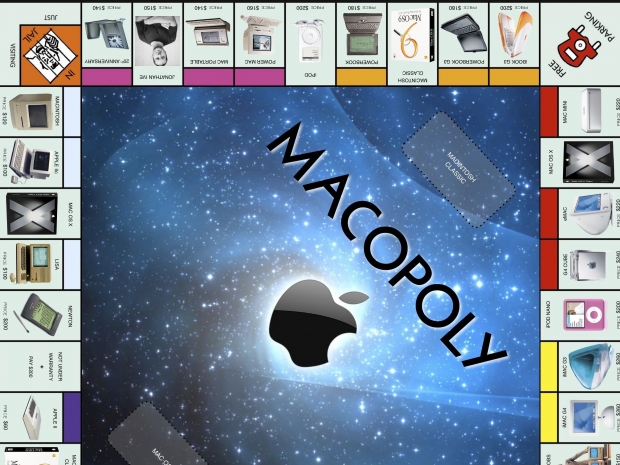Typically it is doing it through an advertising campaign which appears to be trying to reassure users that it is not trying to steal their money or the money of developers who prop up the app store.
“Today, the App Store is more vibrant and innovative than ever, offering equal opportunities to developers to deliver their apps and services across iPhone, iPad, Mac, Apple TV, and Apple Watch”, reads a new page at Apple’s website titled “App Store — Principles and Practices.” “We’re proud of the store we’ve built and the way we’ve built it.”
Apple says it has paid out $120 billion to App Store developers worldwide since the platform launched, and the company again touts the quick approval process and efficient work of its app review team, which now “represents 81 languages across three time zones”.
Of course, it is not saying how much it would have paid to App Store developers if it has charged them less than the third it takes off them now.
It claimed that 60 percent of the approximately 100,000 apps and app updates reviewed each week are approved, with rejections mostly stemming from “minor bugs, followed by privacy concerns”. Apple notes that anyone who feels that they were unjustly rejected can have their situation looked at by the App Store Review Board.
It does not say, which was part of the Spotify complaint, what happens if Apple thinks that your app competes with its apps.
But the most interesting parts of this new site relate to the competition. In one section, Apple goes over the core, built-in apps on iOS and lists the many popular third-party options that are available from the App Store in each category as alternatives.
The company fails to mention that none of these apps can be chosen as the default messaging app, maps service, email client, web browser, or music player.
Apple’s line is that if companies don’t like Apple’s policies, they’ve got other options. You can run your App on Android or Roku app. But since iOS users spend more money on apps than people with Android phones, and Apple leans on that advantage.
“Even though other stores have more users and more app downloads, the App Store earns more money for developers”, the company notes.
Apple ignores a major gripe that developers have been raising for years: if an app doesn’t use Apple’s in-app purchase system, its developers are forbidden from telling their customers where and how they can pay outside of the App Store or providing a convenient link.
“Not only is Netflix not allowed to link to their website, they can’t even tell the user they need to go to netflix.com to sign up”, John Gruber wrote in January when Netflix stopped letting new customers subscribe through its iOS app. “Apple can make the rules — it’s their platform. But it’s just wrong that one of the rules is that apps aren’t allowed to explain the rules to users.”
Ironically Apple’s web campaign accidently reveals how difficult it is to compete against Apple which was sort of the point of the court case and antitrust hearing.




